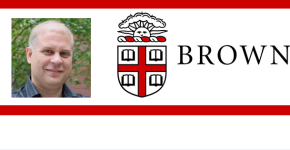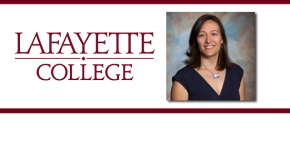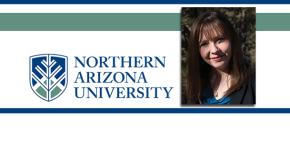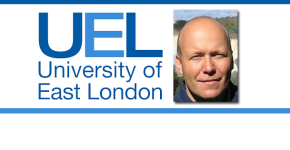Category: Cognition
-

Justin Couchman, Albright College – Uncertainty
You can’t always give students what they want. Justin Couchman, associate professor of psychology at Albright College, discusses why giving them what they need can be hard, but useful. Justin Couchman is a cognitive psychologist who researches uncertainty. His work focuses on a mental ability called metacognition, which is often described as “thinking about thinking”.…
-

Wayne Gray, Rensselaer Polytechnic Institute – Extreme Experts
What is an extreme expert? Wayne Gray, professor of cognitive science at Rensselaer Polytechnic Institute, looks at this group and their exceptional capabilities. Professor Gray earned his Ph.D. from U. C. Berkeley in 1979. His first position was with the U. S. Army Research Institute where he worked on tactical team training (at the Monterey…
-

David Badre, Brown University – Executive Functions
You may know your morning routine like the back of your hand, but some people struggle with ordinary tasks. David Badre, associate professor in the department of cognitive, linguistic and psychological sciences at Brown University, determines that examining how the brain puts tasks in the right order can help people who have difficulty with day…
-

Matthew Xu-Friedman, University at Buffalo – Processing Noise
How are nerve cells and the connections between them affected by activity? Matthew Xu-Friedman, associate professor at the University at Buffalo, is studying this question as it relates to the auditory system. Dr. Xu-Friedman has been trying to understand how nerve cells function for many years. He started out at Cornell University with Dr. Carl…
-

Jennifer Talarico, Lafayette College – Imperfect Memories
Your recollection of a particular event might be exceptionally detailed and completely inaccurate. Jennifer Talarico, a psychologist at Lafayette College, is working to better understand how memory works. Jennifer Talarico is a cognitive psychologist at Lafayette College [CV]. Her research focuses on our ability to recall events that we have personally experienced. She has studied…
-

Michelle Miller, Northern Arizona University – Memory Encoding
The human brain is exceptionally complex. Michelle Miller, a professor of psychological sciences at Northern Arizona University, is working to decode how our brains encode information. Michelle D. Miller is Director of the First Year Learning Initiative and Professor of Psychological Sciences at Northern Arizona University. She is the author of the book Minds Online:…
-

Brooke Macnamara, Case Western Reserve University – Perfect Practice
How you practice is more important than how long you do it for. Brooke Macnamara, a psychologist at Case Western Reserve University, is working to debunk some common myths about achieving expertise. Dr. Brooke N. Macnamara is a researcher and professor in the Department of Psychological Sciences at Case Western Reserve University. She is the…
-

Volker Thoma, University of East London – Recognizing Faces
The way the brain processes faces, especially familiar faces, is still something of a mystery. Volker Thoma, a psychologist at The University of East London, is working to improve our neurological and psychological understanding of facial recognition. Dr Volker Thoma FHEA received an MSc (Dipl. Psych) from the University of Regensburg, Germany and worked as…
-

Anne Warlaumont, UC Merced – Positive Feedback Loop
Studying the communicative relationship that parents share with their children is a great way to understand how kids learn to interact. Anne Warlaumont, a cognitive scientist at the University of California, Merced, is studying positive feedback loops, or the way successful interaction catalyzes future successful interaction in children. Anne Warlaumont is an assistant professor of…
